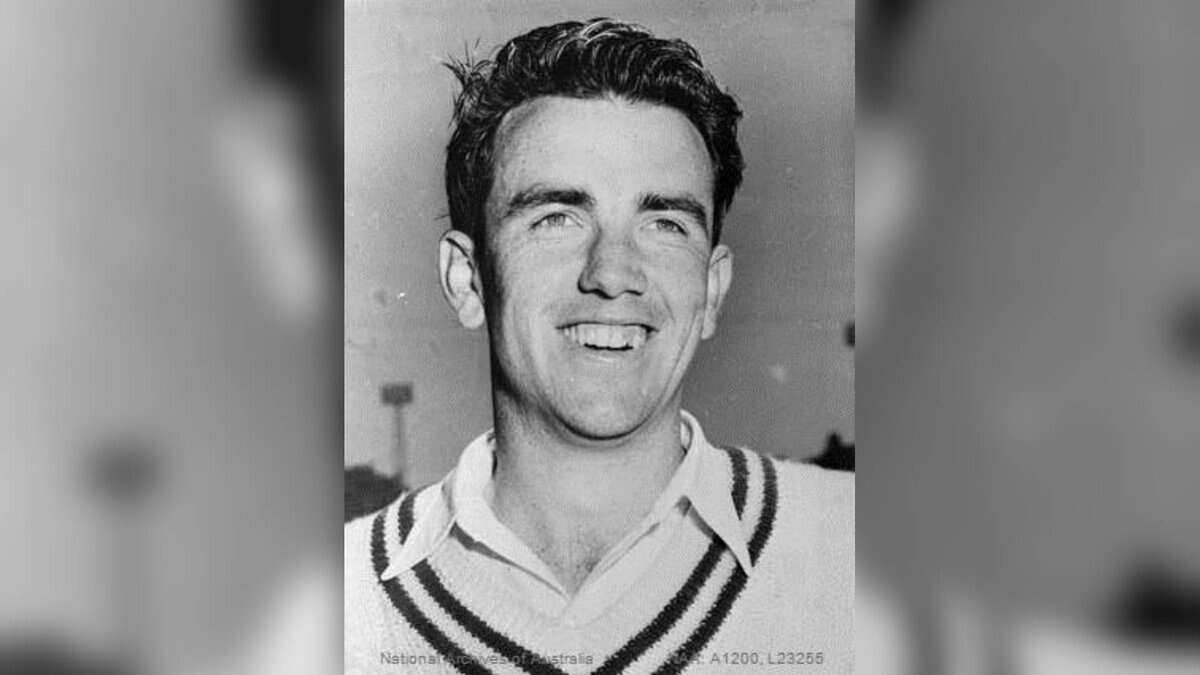
With the death of Bob Simpson, Australian cricket has lost a giant personality. He was one of the most influential figures in the history of Australian cricket as a player, captain, and coach. He played 62 Test matches between 1957 and 1978, averaging 46.81, and claimed 71 wickets. But his greatest contribution came as a captain and coach.
With his lightning-fast reflexes, he was also known as one of the greatest slip fielders of his time. Simpson had made his first-class debut for New South Wales aged 16. He went on to amass 21,029 runs and took 349 wickets in first class cricket. Quite an amazing feat.
Simpson had initially retired from the game in 1968 after an 11-year career as one of Australia’s finest openers, having played 50 Tests and captained in 29 of them. Bob Simpson and his captain, Bill Lawry, had achieved fame as the world’s best opening pair.
But due to the ravages caused by the advent of Kerry Packer into the international cricket scene, Australia was badly hit. So Simpson was called back as Test captain for Australia. Therefore, at the age of 41, Simpson once again stepped forward when his country needed him.
He ended up with 10 Test centuries. All were scored as captain of the team. He got big ones too – a 311 against England in 1964 and two more double-centuries. He averaged 54.07 as captain. Obviously, he relished that role and pressure.
Years later, when the Aussies were again going through a lean patch, Simpson was again called upon by the then Australian Cricket Board to be the coach. Along with the then skipper Allan Border, Simpson was instrumental in instilling a culture of discipline and hard work into a younger group of players that were selected to regenerate Australian cricket, including David Boon, Dean Jones, Steve Waugh, Craig McDermott, and Merv Hughes. All these players went on to achieve fame and fortune, all because they were guided along the right path by Simpson.
Many of the players, including Shane Warne, regarded Simpson as the best coach they ever had. According to Warne, he played an instrumental role in helping him develop into the world’s best leg spinner. His advice to the young Warne was invaluable because Simpson was also a leg spinner. Warne credited Simpson for convincing him to bowl around the wicket more often in certain conditions.
Simpson leaves behind a legacy in the annals of Australian cricket that will be very difficult to emulate by his successors. He was the light that guided Australia across a stormy sea and anchored it in the harbour of success.



